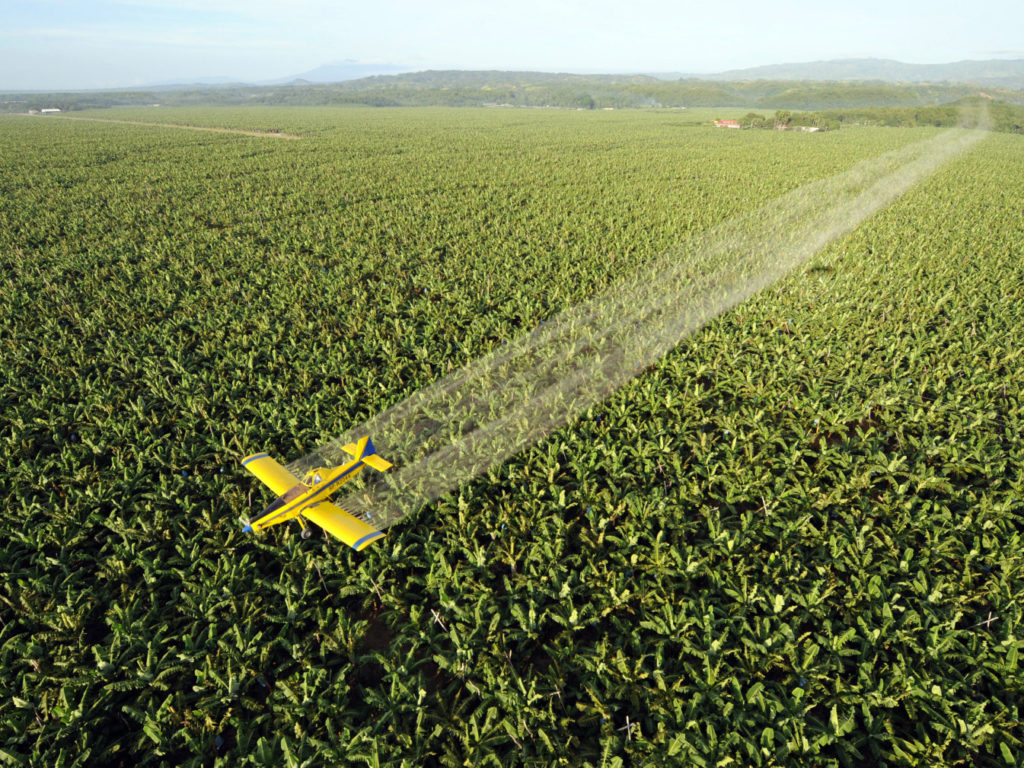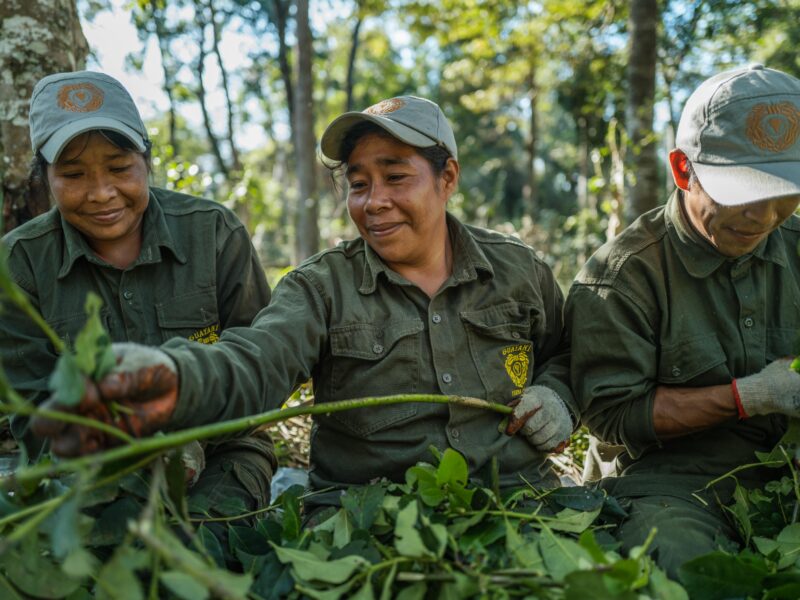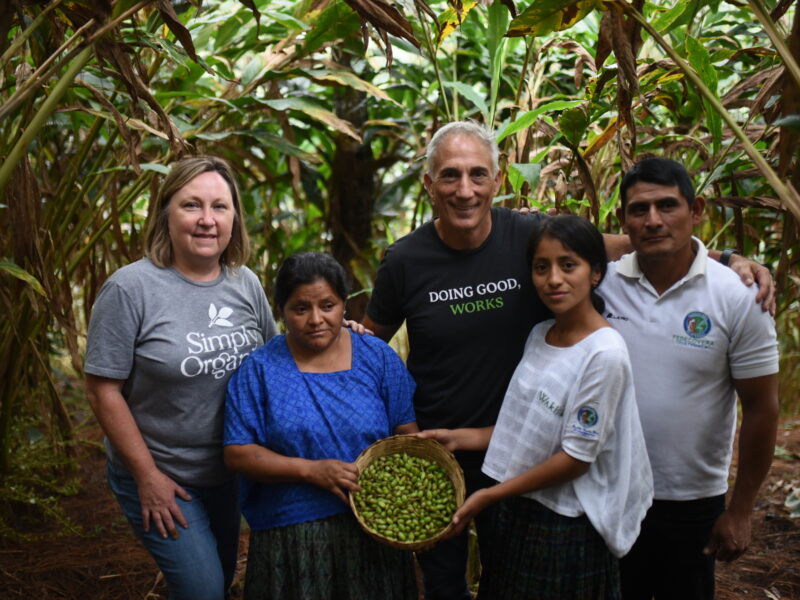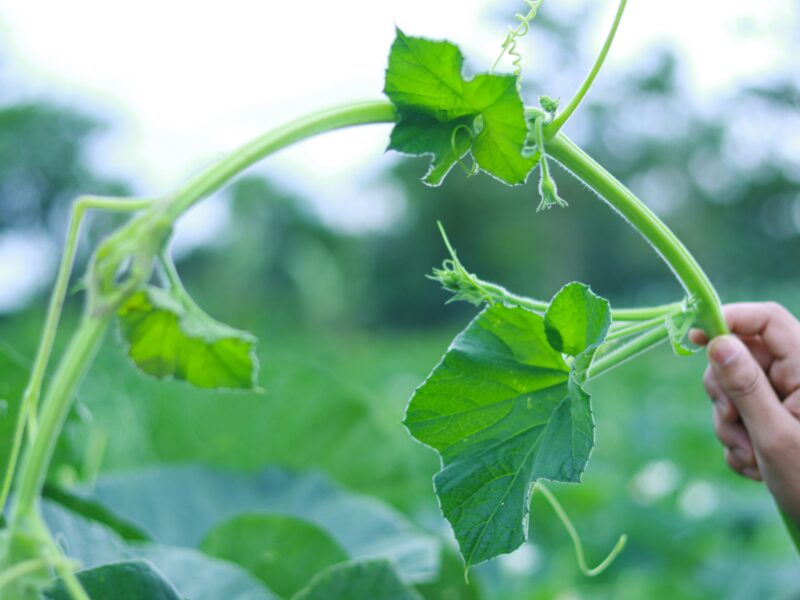By Liza Dube, Stonyfield Farm
There are lots of reasons for choosing to eat organic, but one of the most compelling is that organic farmers don’t use toxic persistent pesticides and that’s better for all of us. That doesn’t mean they don’t use other strategies to keep pests from destroying their crops, they just go about it in a safer way.
What is a toxic persistent pesticide?
A pesticide could be any kind of substance used to keep pests away, but not all pesticides are created equal. Toxic persistent pesticides aren’t allowed in organic farming because they can be harmful to our health and the environment and they break down very slowly, remaining in our soil, water and air. Some can continue to cause damage for decades after they’re first used.
Organic farmers fight pests a better way
Organic farmers start by using a combination of farming practices that deter pests. These include crop rotation, starting with pest resistant plant varieties and introducing beneficial organisms like ladybugs that don’t harm the crops while munching away at unwanted critters.
If organic farmers do need to control pests further, they can use a small number of substances that don’t have harmful effects on people or the environment and that don’t persist in our soil, water or air. These natural pesticides, like paper mulch, horticultural oils and hydrated lime, are carefully screened and approved by the USDA for use on organic farms.
Better for kids
Babies, toddlers and kids are more vulnerable than adults to pesticide exposure. Young digestive tracts absorb toxins more readily than adults’, and young kidneys don’t detoxify as efficiently as adult kidneys. As a result, toxins circulate longer in babies’ bodies, boosting exposure to four times that of adults.
That’s especially concerning now that we know we’ve put so large a volume of pesticides into the world that multiple pesticides can be found in the umbilical cord blood of newborn babies. And since research has shown pesticide exposure may also heighten the risk of attention deficit hyperactivity disorder (ADHD) in children.
The good news is that research also shows you can immediately and dramatically reduce the pesticide content in a child’s body by switching to organic foods. Researchers at the University of Washington found that by putting children on a mostly organic diet for just five days, they could “virtually eliminate exposures to a dangerous class of insecticides known to disrupt neurological development in infants and children.”
Better for all of us
As for those of us who are no longer kids, pesticide exposure has been shown to cause cancer, nervous-system and lung damage, reproductive dysfunction, and possibly dysfunction of the endocrine and immune systems. In fact, the 2008-2009 President’s Cancer Panel recommends eating food grown without pesticides to help decrease the risk of contracting cancer.
Thanks to organic farmers not using toxic persistent pesticides, we get to choose foods produced without them. That limits potentially harmful exposure for our kids, for our families, for the farmers, and for the earth.
This content was originally posted on Stonyfield Farm’s Blog, “The Yogurt Dish“.









